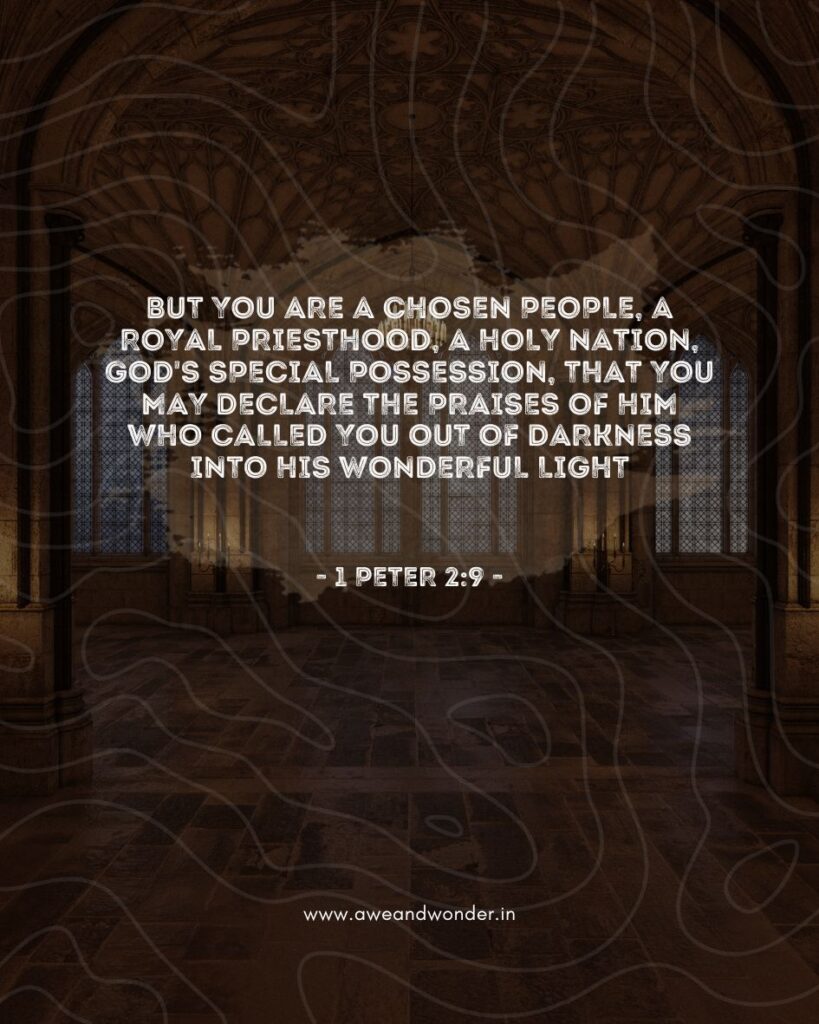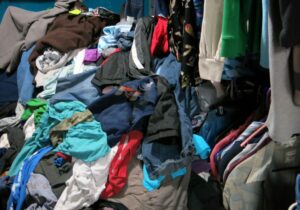Lately, I’ve noticed a lot of people talking about the Marie Kondo organizing routine.
If you’re unfamiliar with it, it’s a method of tidying up where you pick up an object and ask yourself, “Does this spark joy in me?” If it doesn’t, you get rid of it. (P.S. – This doesn’t work with cats, especially when your family won’t let you.)
While the Marie Kondo approach sounds pleasant and quite organized, of course, people on Instagram had to put a strange twist on it.
I watched a video where someone suggested a different approach to organizing. In this version, you pick up an object and ask yourself, “If this object had poop on it, would I clean it or throw it away?”
The logic is simple: if you’re going to throw away a poop-smeared object, you might as well discard it while it’s still clean (again, this doesn’t work with cats, as much as I’d like it to).
As I watched the video, I was holding a t-shirt I loved, only to discover a new stain on it.
After a period of mourning and fasting, which lasted for a biblically appropriate amount of time, I decided not to follow either the Marie Kondo or the poop-smeared approach. Instead, I took a more “jugaad” path and moved the t-shirt from ‘outside wear’ to ‘inside wear.’
Because unlike Marie Kondo and the Instagram poop-le, that’s what normal people do.
We all have different methods for organizing our belongings. Some of us are minimalists, keeping only the bare essentials. Others organize things based on how frequently they use them.
My wife’s approach? She throws everything in the cupboard and lets fate decide what comes out each day. It’s quite genius. All she’s missing is an Urim and Thummim (IYKYK).
But while I held that stained t-shirt and moved it into the ‘home wear’ section, it struck me: God has His own way of organizing His people.
In 2 Timothy 2, Paul writes: “In a large house, there are articles not only of gold and silver but also of wood and clay; some are for special purposes, and some for common use. Those who cleanse themselves from the latter will be instruments for special purposes, made holy, useful to the Master, and prepared to do any good work.”
It’s an interesting verse because even the wood and clay objects are useful, but their use is limited to the common.
However, for those willing to cleanse themselves from the common, God is ready to transform them into instruments for special purposes—made holy and useful to the Master.
What does that look like? It means removing things from our lives that distance us from Him. It means letting go of distractions, even the good things, that keep us from living out our purpose.
Of course, it means cutting out sin, but it also involves removing things that are simply distractions.
Now, don’t get me wrong—I’m not saying we need to destroy our phones and TVs or cancel all our subscriptions (though, maybe some of us should). But we both know we spend far more time on certain things than we should. Time, that, if given to God, could be used to transform us and the lives of those around us.
When we choose to press in, allowing Him to cleanse us and set us apart, He will gladly do so—and prepare us “to do any good work.”
But when we choose to indulge in the common, distracted by the world’s offerings and entertainments—things He’s calling us out of—we risk becoming like that t-shirt in my hands.
God will mourn, and sorrowfully, the t-shirt will be moved from ‘outside wear’ to ‘house wear.’
But you haven’t been called to that. You have been called for greater things. You have been called chosen, a royal priesthood, a holy nation, and God’s special possession. (1 Peter 2:9)
Press into that calling.
May we be found ready, and may He make us holy. May He make us purposeful.







